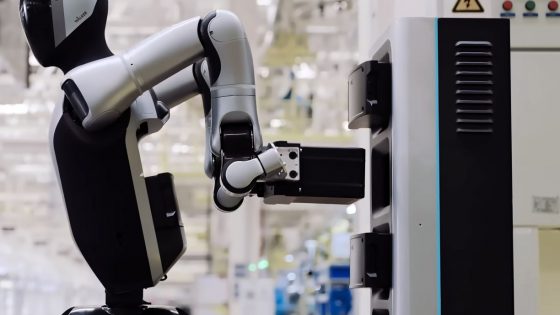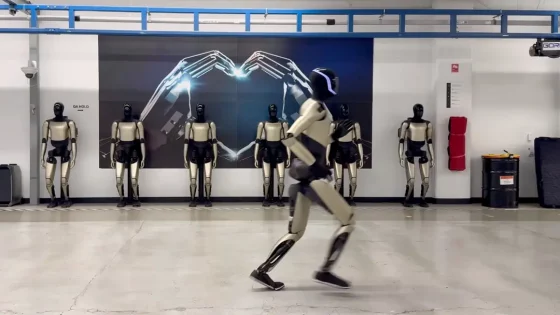Experts worry that artificial intelligence will bring more inequality

Due to serious concerns about the impact of generative artificial intelligence on the labor market and inequality in society, the International Monetary Fund (IMF) has urged and warned countries to do more to protect local economies.
In a report published on Monday, the fund wrote that countries should do more in the field of unemployment insurance. What worries them the most is that artificial intelligence, unlike previous disruptive technologies, will also reduce the need for highly skilled jobs. Robotics, considered one such technology from past eras, has replaced many lower-skilled workers, while those at the opposite pole of the labor market are now expected to be hit harder by artificial intelligence.
One of the most pressing topics of the last two years is certainly the regulation of artificial intelligence. The European Union recently decided to adopt an act on artificial intelligence that targets the risks brought by this technology. Probably the most drastic measure or article of this act is the possibility of banning UI applications that pose an unacceptable risk to the security and rights of the citizens of the Union.
The IMF report also states that education and the related system must adapt to the new reality and thus help people to adapt more quickly to changes in the labor market. They say there should be more emphasis on lifelong learning. Proposals such as sectoral learning, apprenticeships and new skills learning programs are mentioned. According to the IMF, all of this would help workers to take on new responsibilities more easily and quickly and get employed in new industries.
“We want people to be able to benefit from the potential that technology brings and we want to ensure that opportunities are created for people", he says The Dabla-Norris era, Deputy Director of Fiscal Issues at the IMF, who is one of the authors of the report.
He adds that the transition could be painful for workers, potentially facing longer periods of unemployment. Why? Because older workers in particular do not have the skills needed in the age of artificial intelligence, and they will also need more time than in the past to learn new ones.We must moderate this price-burdening transition while maintaining social equality", says Dabla-Norris.
The International Monetary Fund points out that given the uncertainty of the future of artificial intelligence, countries must adopt an agile approach that prepares them for scenarios that are each fraught with disruption. Due to the global impact of artificial intelligence, Dabla-Norris points to the fact that now more than ever it will be important for countries to work together.





























